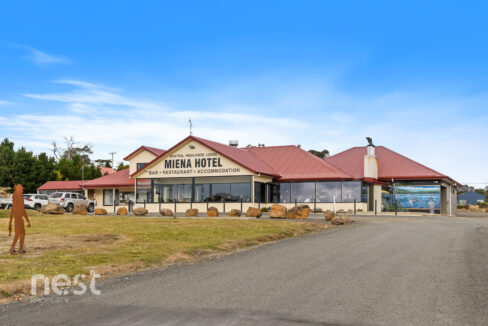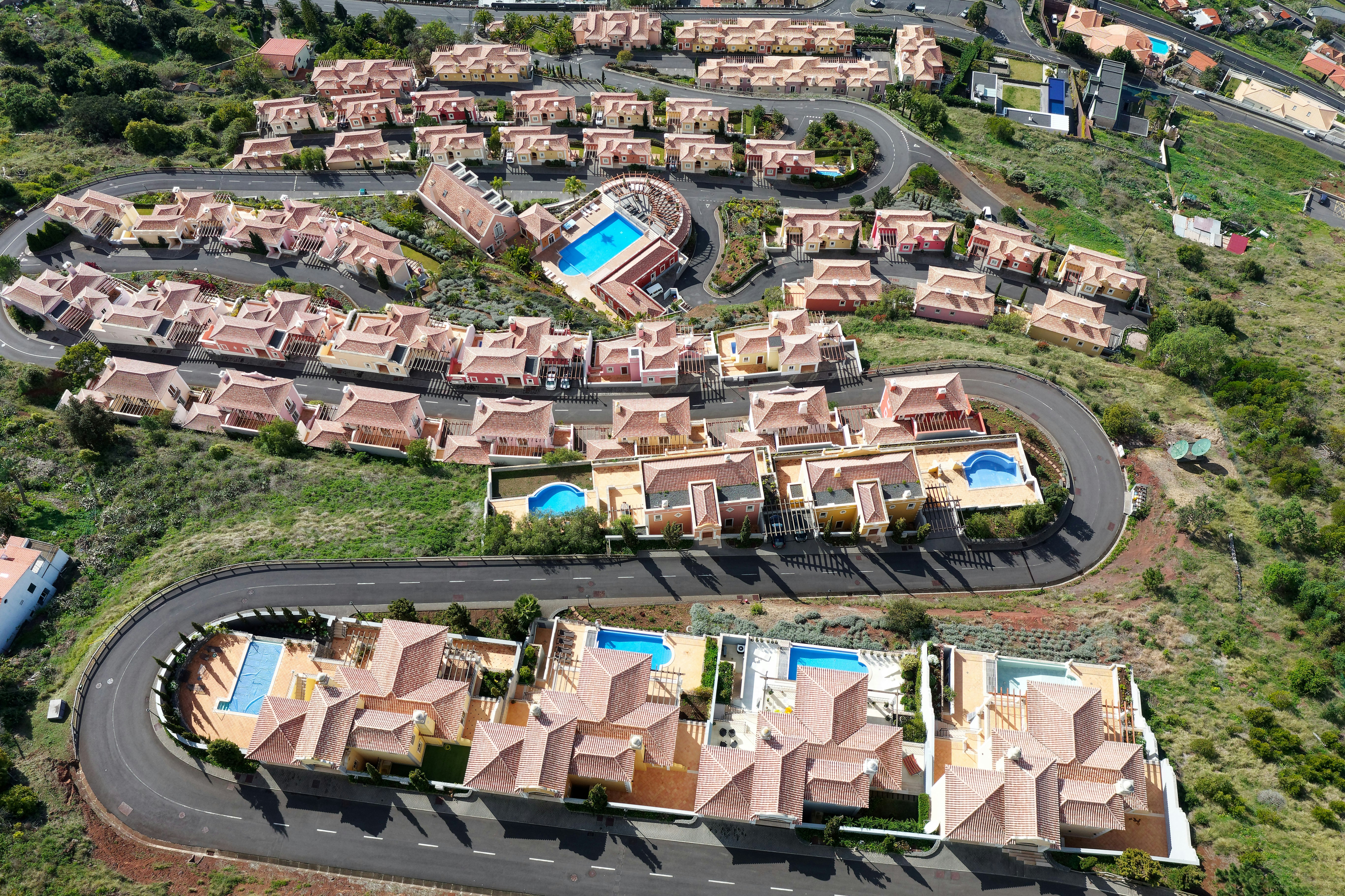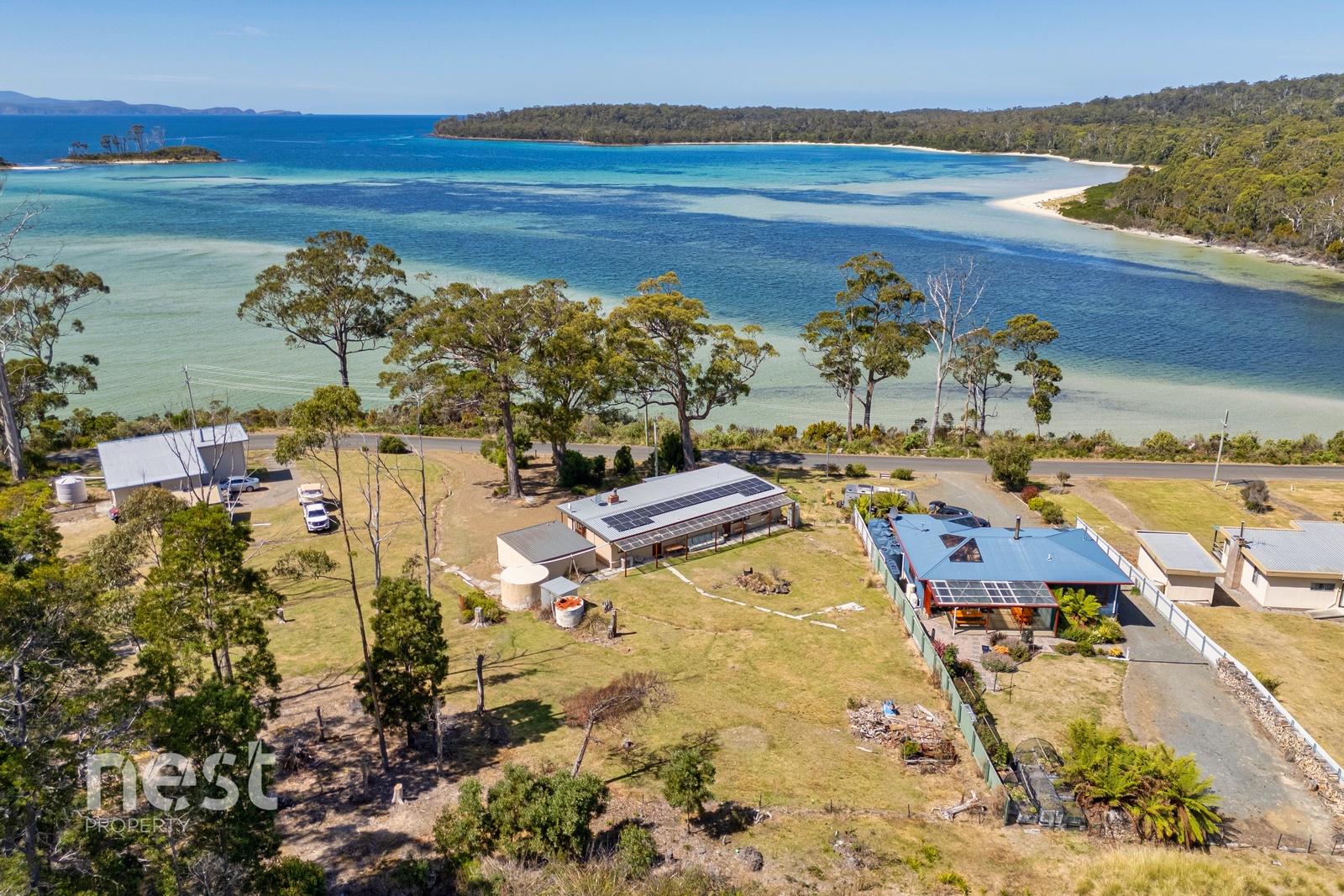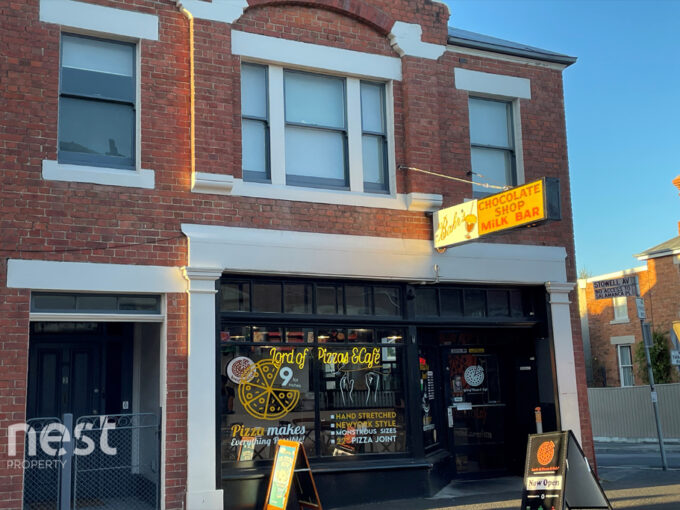

In the dynamic world of real estate, particularly in a unique market such as Hobart, Tasmania, the role of a successful real estate agent cannot be overstated. A city known for its captivating landscapes and vibrant cultural scene, Hobart presents both opportunities and challenges that demand a specific skill set and personal attributes from real estate professionals. To thrive in this competitive environment, a successful real estate agent must exhibit key qualities that set them apart.
Foremost among these qualities is local market expertise. Hobart's property market has its own intricacies influenced by seasonal tourism, historical preservation regulations, and fluctuating economic factors. An adept real estate agent in Hobart must have an intimate understanding of these elements. They should not only be knowledgeable about current listings but also possess deep insights into neighborhood trends, property values, and future developments. This local expertise allows agents to provide accurate advice to clients and make informed decisions that align with their clients' best interests.
In summary, thriving as a real estate agent in Hobart demands more than just basic knowledge of properties; it requires an amalgamation of local expertise, stellar communication abilities, sharp negotiation tactics, proactivity, unwavering integrity-and perhaps most importantly-adaptability amidst changing circumstances. These key qualities enable agents not only to meet but exceed client expectations while navigating the vibrant yet challenging terrain of Hobart's property market successfully.
A real estate agent is a licensed professional who assists clients in buying, selling, and renting properties. They have completed coursework and passed a state exam to obtain their license. Real estate agents work for brokerage firms, which are responsible for overseeing their transactions and ensuring compliance with legal regulations. Their primary role involves listing properties, negotiating deals, conducting market analyses, and guiding clients through the complex process of real estate transactions.
While all Realtors are real estate agents, not all real estate agents are Realtors. A Realtor is a member of the National Association of Realtors (NAR), an organization that requires its members to adhere to a strict code of ethics and standards of practice. This affiliation provides an extra layer of credibility and professionalism. Realtors often have access to additional training programs, resources, and networking opportunities within the industry that non-Realtor agents might not enjoy.
Hobart is the capital and most populous city of the island state of Tasmania, Australia. Home to almost half of all Tasmanians, it is the southernmost and least-populated Australian state capital city, and second-smallest if territories are taken into account, before Darwin, Northern Territory. Hobart is located in Tasmania's south-east on the estuary of the River Derwent, making it the most southern of Australia's capital cities. Its skyline is dominated by the 1,271-metre (4,170 ft) kunanyi/Mount Wellington, and its harbour forms the second-deepest natural port in the world, with much of the city's waterfront consisting of reclaimed land. The metropolitan area is often referred to as Greater Hobart, to differentiate it from the City of Hobart, one of the seven local government areas that cover the city. It has a mild maritime climate.
The city lies on country which was known by the local Mouheneener people as nipaluna, a name which includes surrounding features such as kunanyi/Mt. Wellington and timtumili minanya (River Derwent). Prior to British settlement, the land had been occupied for possibly as long as 35,000 years by Aboriginal Tasmanians.
Founded in 1804 as a British penal colony, Hobart is Australia's second-oldest capital city after Sydney, New South Wales. Whaling quickly emerged as a major industry in the area, and for a time Hobart served as the Southern Ocean's main whaling port. Penal transportation ended in the 1850s, after which the city experienced periods of growth and decline. The early 20th century saw an economic boom on the back of mining, agriculture and other primary industries, and the loss of men who served in the world wars was counteracted by an influx of immigration. Despite the rise in migration from Asia and other non-English speaking regions, Hobart's population remains predominantly ethnically Anglo-Celtic, and has the highest percentage of Australian-born residents among Australia's capital cities.
Today, Hobart is the financial and administrative hub of Tasmania, serving as the home port for both Australian and French Antarctic operations and acting as a tourist destination, with over 1.192 million visitors in 2011–12, and 924,000 during 2022–23. Well-known drawcards include its convict-era architecture, Salamanca Market and the Museum of Old and New Art (MONA), the Southern Hemisphere's largest private museum.

The Role of a Real Estate Agent in Home Buying Buying a home is one of the most significant financial decisions an individual will make in their lifetime.. It’s a journey filled with excitement, anticipation, and at times, stress.
Posted by on 2024-09-30

Becoming a licensed real estate agent is an ambition shared by many, driven by the promise of flexible work schedules, unlimited income potential, and the satisfaction of helping individuals achieve their dreams of homeownership.. However, this career path requires more than just enthusiasm; it demands a blend of education, dedication, and adherence to specific regulatory requirements.
Posted by on 2024-09-30

Title: How to Outsell the Competition: Proven Strategies for Real Estate Agents In the cutthroat world of real estate, standing out from the competition isn't just a goal; it's a necessity.. With countless agents vying for attention, how can you ensure that you're not just another face in the crowd?
Posted by on 2024-09-30

Effective Marketing Strategies for Real Estate Agents In the dynamic landscape of real estate, where competition is as fierce as the market fluctuations, effective marketing strategies are paramount for success.. For real estate agents, mastering the art of marketing isn't just about showcasing properties; it's about building relationships, establishing trust, and creating a brand that resonates with potential buyers and sellers.
Posted by on 2024-09-30
Commercial real estate refers to properties that are used exclusively for business purposes, such as office buildings, shopping centers, warehouses, and hotels. These properties are leased out to tenants who use them to conduct their business operations. Unlike residential real estate, which is primarily intended for personal living spaces, commercial real estate focuses on providing spaces that facilitate commerce and trade.
There are various types of commercial real estate, each serving a specific function in the business ecosystem. Office spaces can range from small individual offices to entire skyscrapers housing multiple companies. Retail properties include shopping malls, strip centers, and standalone stores where goods and services are sold directly to consumers. Industrial real estate encompasses warehouses and factories critical for manufacturing and distribution. Lastly, multifamily properties like apartment complexes fall under commercial real estate when they contain more than four units.


Residential real estate refers to properties specifically designed for people to live in, as opposed to commercial or industrial properties. These residences serve as primary living spaces and can range from single-family homes and apartments to townhouses and condominiums. The primary purpose of residential real estate is to provide a place where individuals or families can establish their home base, offering comfort, safety, and personal space.
There are various types of residential properties catering to different needs and preferences. Single-family homes are standalone structures that provide privacy and ample space for families. Apartments are units within larger buildings that offer more affordable living options with shared amenities like gyms or swimming pools. Townhouses combine aspects of both single-family homes and apartments, often featuring multiple floors with shared walls but individual entrances. Condominiums resemble apartments but allow ownership rather than renting.
Property management refers to the administration and oversight of real estate properties by a professional entity or individual. This often involves handling various tasks such as collecting rent, managing tenant relations, maintaining property upkeep, and ensuring legal compliance. The goal is to optimize the value of a property while minimizing operational costs and risks for the owner.
Effective property management encompasses several key responsibilities. These include marketing vacant units, screening potential tenants, setting rental rates based on market trends, and preparing lease agreements. Additionally, property managers are tasked with regular maintenance and repairs to keep the asset in prime condition.


Land for sale offers a unique opportunity for buyers looking to build custom homes, develop commercial projects, or invest in agriculture. Available parcels range from urban lots in developing neighborhoods to expansive rural acreages. Purchasing land provides flexibility in design and the potential for significant appreciation in value, especially in areas poised for growth. Buyers should consider zoning regulations, access to utilities, and environmental factors. Investing in land also involves understanding market trends and future area development plans to maximize investment potential. This option is ideal for those seeking a tailored space or long-term capital gains.
Houses for sale across various markets offer potential buyers a multitude of options, from suburban single-family homes to urban townhouses. These properties cater to diverse preferences and needs, providing choices in architectural styles, sizes, and amenities. Buyers can explore homes with modern designs, energy-efficient features, or properties with historic charm. The market dynamics, including pricing and availability, are influenced by factors such as location, local economy, and community features like schools and parks. For many, purchasing a house is not just an investment in real estate, but an investment in a desired lifestyle and a place to call home.


Rentals provide flexible housing options for individuals and families not ready to purchase a home or seeking temporary residence. The market offers a variety of rental properties, including apartments, houses, condos, and townhouses, each catering to different lifestyle needs and budgets. Amenities can range from basic to luxury, with some rentals offering gyms, pools, and community spaces. Urban areas typically feature rentals close to employment centers and nightlife, while suburban rentals might offer more space and quieter surroundings. Prospective tenants should consider lease terms, rental rates, and the property's proximity to essential services like public transportation, schools, and shopping areas.
To choose the best real estate agent in Hobart, research their experience, check client reviews, and verify their local market knowledge. Its also helpful to ask for references and ensure they have a good track record of successful transactions.
Real estate agents in Hobart typically offer services such as property appraisals, marketing strategies, open house coordination, negotiation assistance, and guidance through the buying or selling process. They also provide advice on pricing and help with legal paperwork.
The typical fees for hiring a real estate agent in Hobart usually range from 2% to 3% of the propertys sale price. These fees can vary based on the agents experience, the complexity of the transaction, and additional services provided. Always confirm fee structures upfront before signing any agreements.